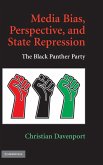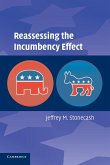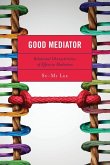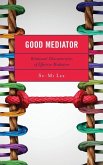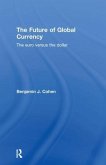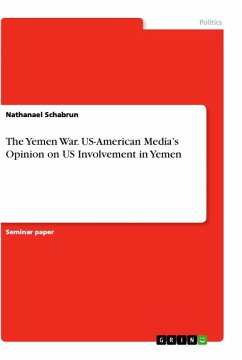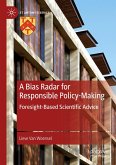The conventional wisdom in political science is that incumbency provides politicians with a massive electoral advantage. This assumption has been challenged by the recent anti-incumbent cycle. When is incumbency a blessing for politicians and when is it a curse? Incumbency Bias offers a unified theory that argues that democratic institutions will make incumbency a blessing or curse by shaping the alignment between citizens' expectations of incumbent performance and incumbents' capacity to deliver. This argument is tested through a comparative investigation of incumbency bias in Brazil, Argentina and Chile that draws on extensive fieldwork and an impressive array of experimental and observational evidence. Incumbency Bias demonstrates that rather than clientelistic or corrupt elites compromising accountability, democracy can generate an uneven playing field if citizens demand good governance but have limited information. While focused on Latin America, this book carries broader lessons for understanding the electoral returns to office around the world.
Bitte wählen Sie Ihr Anliegen aus.
Rechnungen
Retourenschein anfordern
Bestellstatus
Storno


